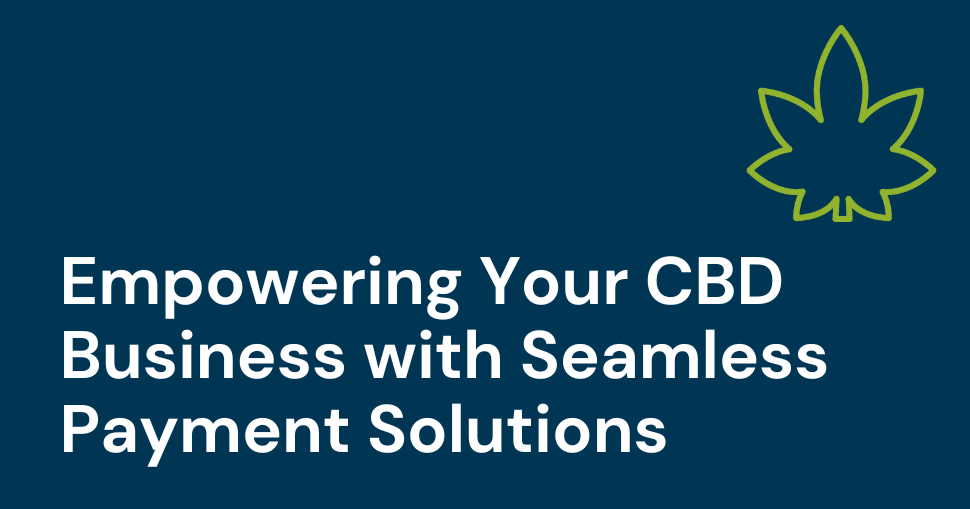[3-minute read]
To get an idea for a small business off the ground, most people need a bit of a financial boost, so let’s explore the dos and don’ts of getting a business loan. Maybe you’ve already launched but now you’re wanting to start a loyalty program, expand your team, or take a course.
The prospect can be intimidating, but there are some simple steps to take to figure out if this is the right move for you or not. Borrowing money, especially in large amounts from institutions, is a big deal. Interest rates and collateral are just two of the factors that touch on the risks of signing away assets in order to obtain quick cash. When you apply for a loan, be mindful of the commitment you’re making.
Things to Take into Consideration
- Personal liability
If you’re just starting your own business, there will obviously be no assets and credit history attached to the entity. This means that you, as the business owner, will have any initial loans signed from your personal capacity. If the business runs into trouble down the line – like failing to pay monthly instalments – then the fallout from this would be on your shoulders, negatively impacting your personal credit score. This could affect your ability to buy a home, car, or whatever else you’d need good credit for.
- Taking out a loan on a loan
It may seem like a quick fix: take out a second loan to help pay off the first one and trust that it will all work out for the best. Desperation can feel like it’s forcing you into a tight corner where the only way out is to borrow more, but this will most likely lead you into deeper trouble. It may not be easy to secure a second loan anyway, lending institutions will see that you’re in the midst of paying off a loan already and be suspicious of your need for another one.
- Loss of assets
As touched on above, in order to secure a loan, collateral needs to be provided. This is used by financial institutions as a safeguard against you defaulting – not paying – your instalments. If you use the asset of your house as collateral, you’re effectively giving the bank permission to repossess your house from you if you fail to pay your loan back on time and in full. This is obviously catastrophic, especially for business owners with families and other monthly payments to make.
- Fixed vs variable interest rates
There are many types of interest rates, the two most common being fixed and variable. There are pros and cons to each one, depending on your risk for appetite and luck. The advantage of a fixed interest rate is that you’ll be able to budget your repayments to the cent. If you go for a variable rate, however, then your repayments become tied to the market. When the market interest rate rises or falls, so too will the amount you need to pay back. This could really work in your favour if the market falls, because then you’ll save and end up paying back less for that month. Alternatively, the market rate could rise beyond even your original term, and then you’ll be paying back even more than you would have been with a fixed rate.
There are certainly safe avenues to get a loan from. With the rise of online reviews and testimonials, it’s easier to vet services and institutions as a consumer. As with any big decision, take your time, make sure you’ve read the fine print, and do all the research you need to to feel confident about your options.
Did you find this article useful? Feel free to share your thoughts and tag us on Instagram, Twitter, Facebook, and LinkedIn.
P.S. Want a payment solution that does what it says it will do? Get Truevo. We can’t wait to connect with you.



